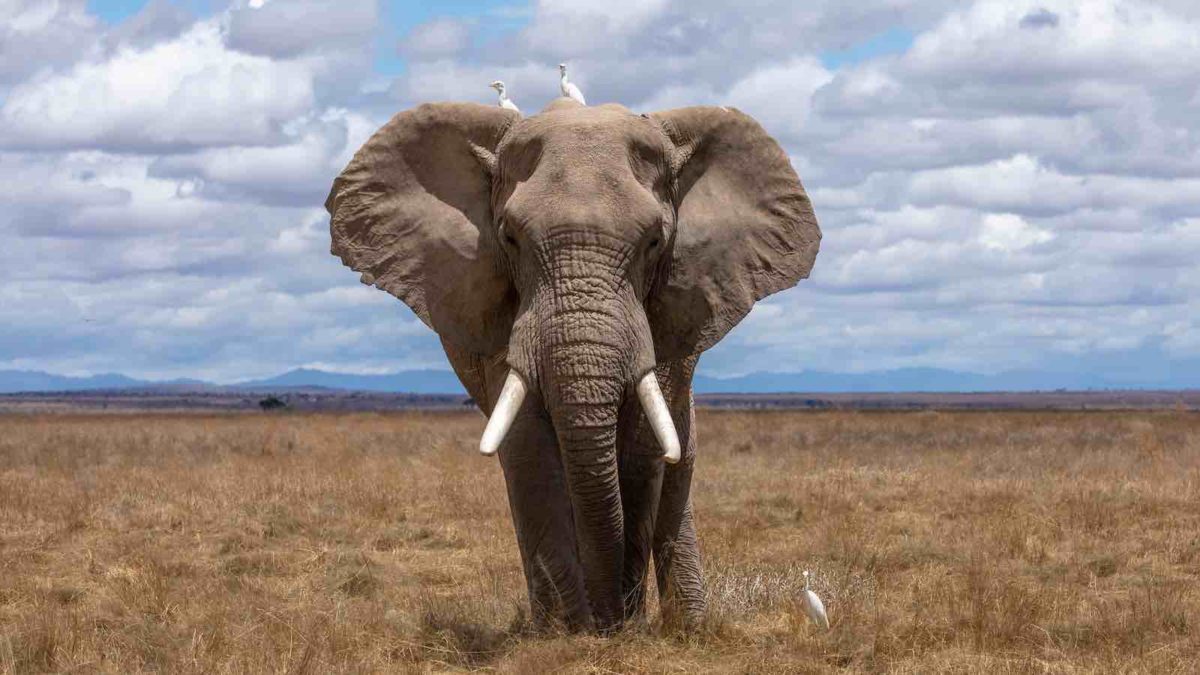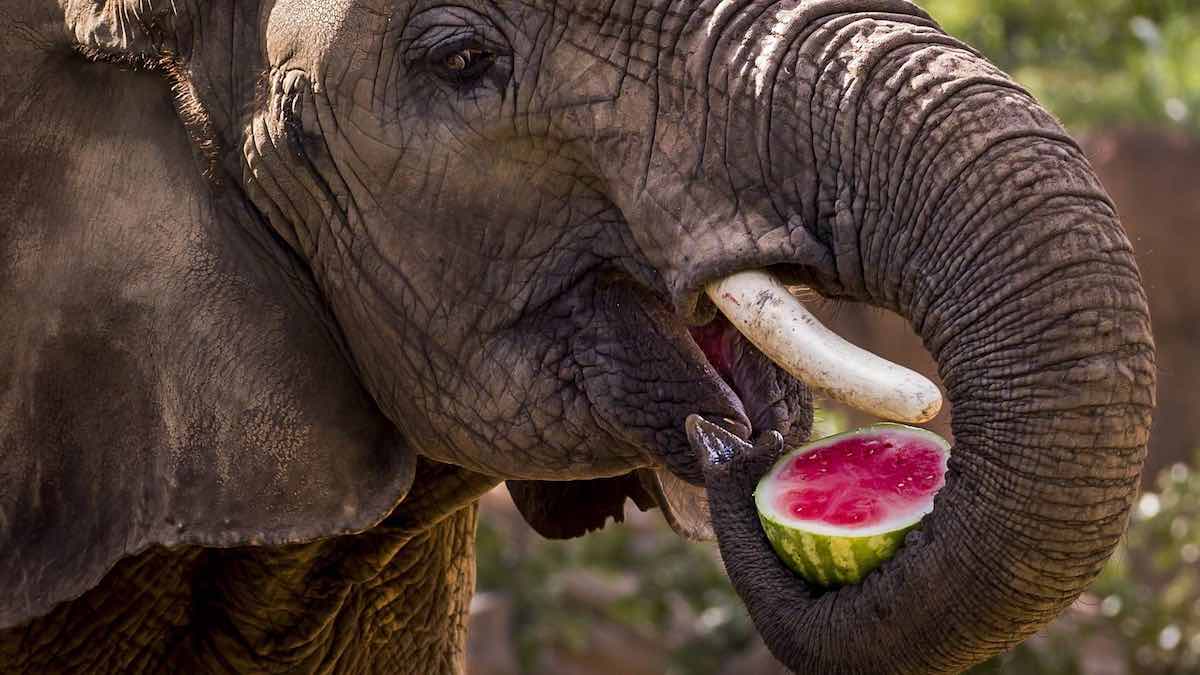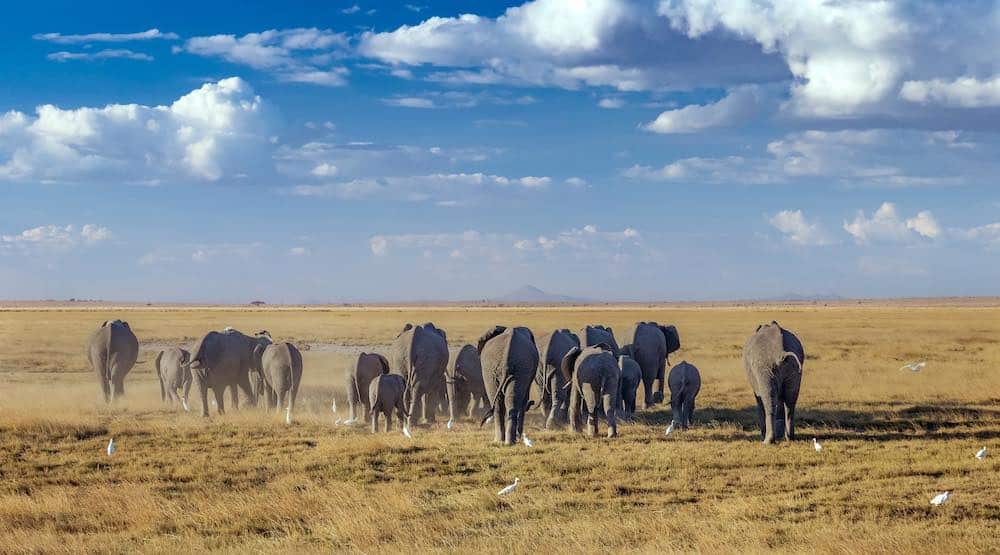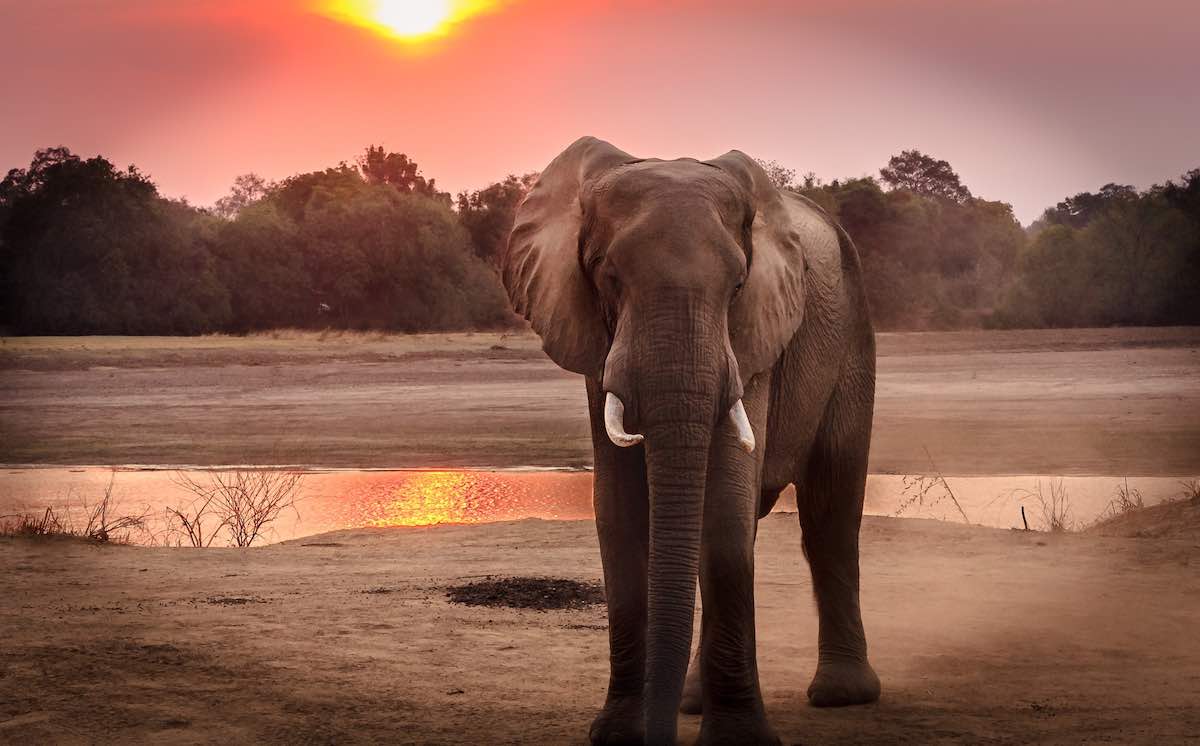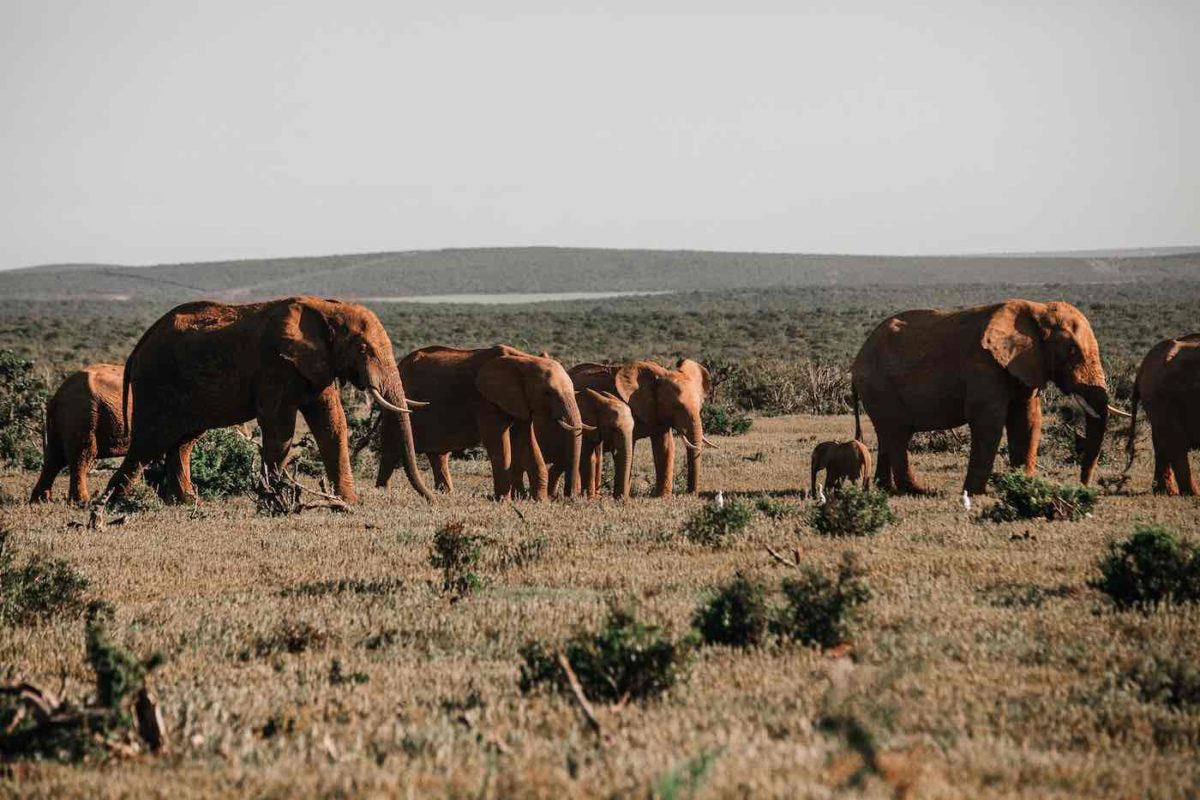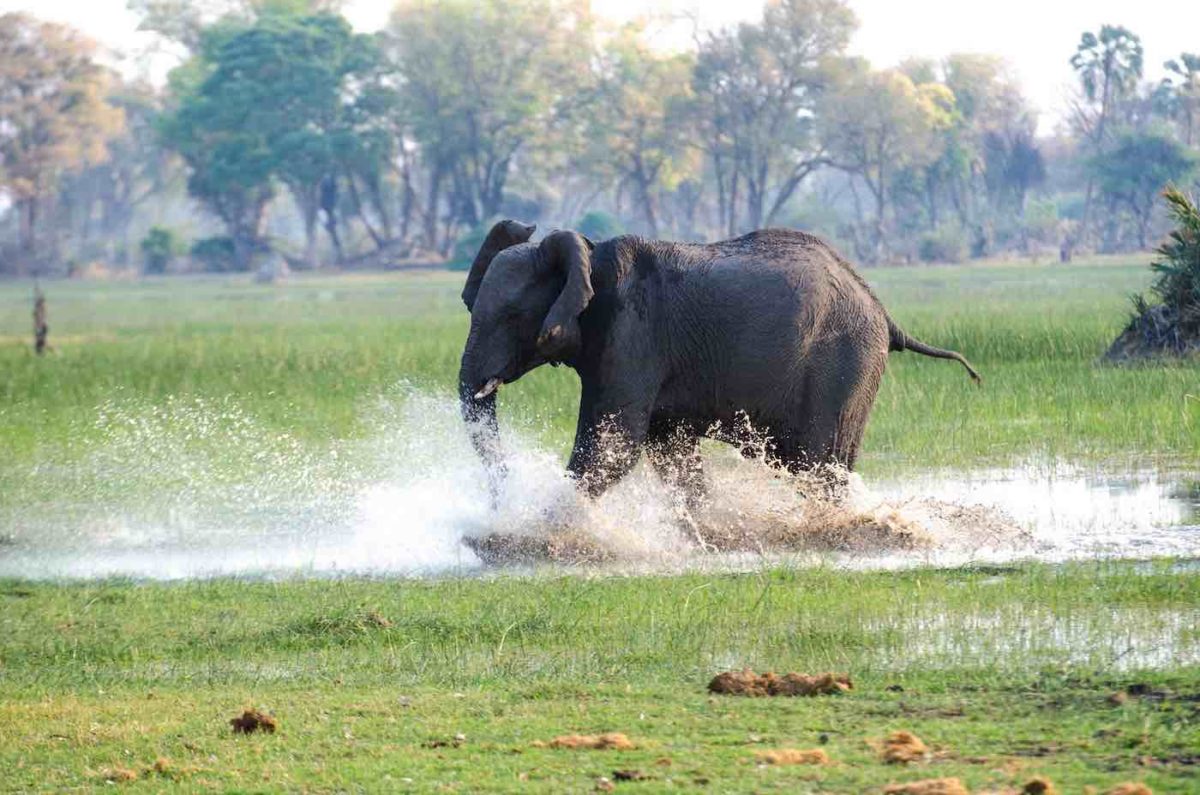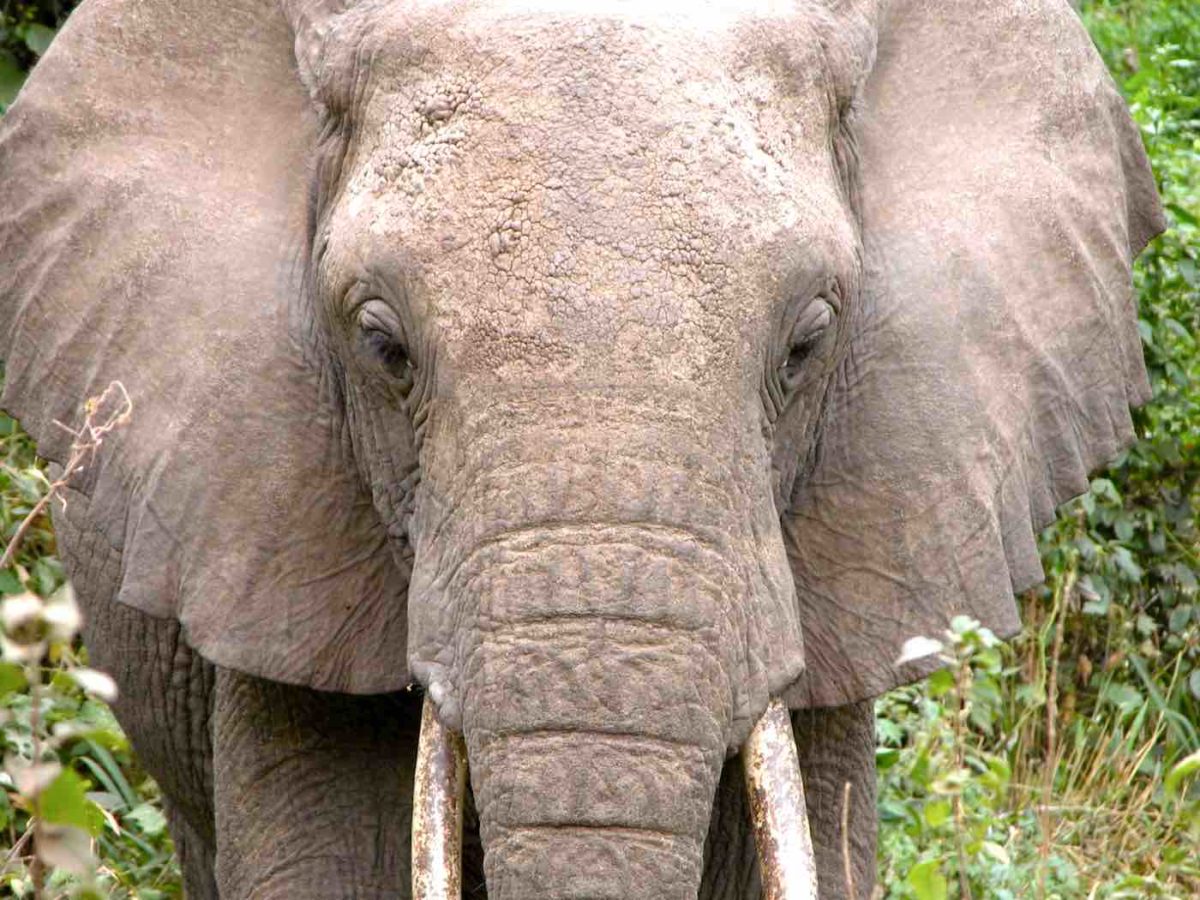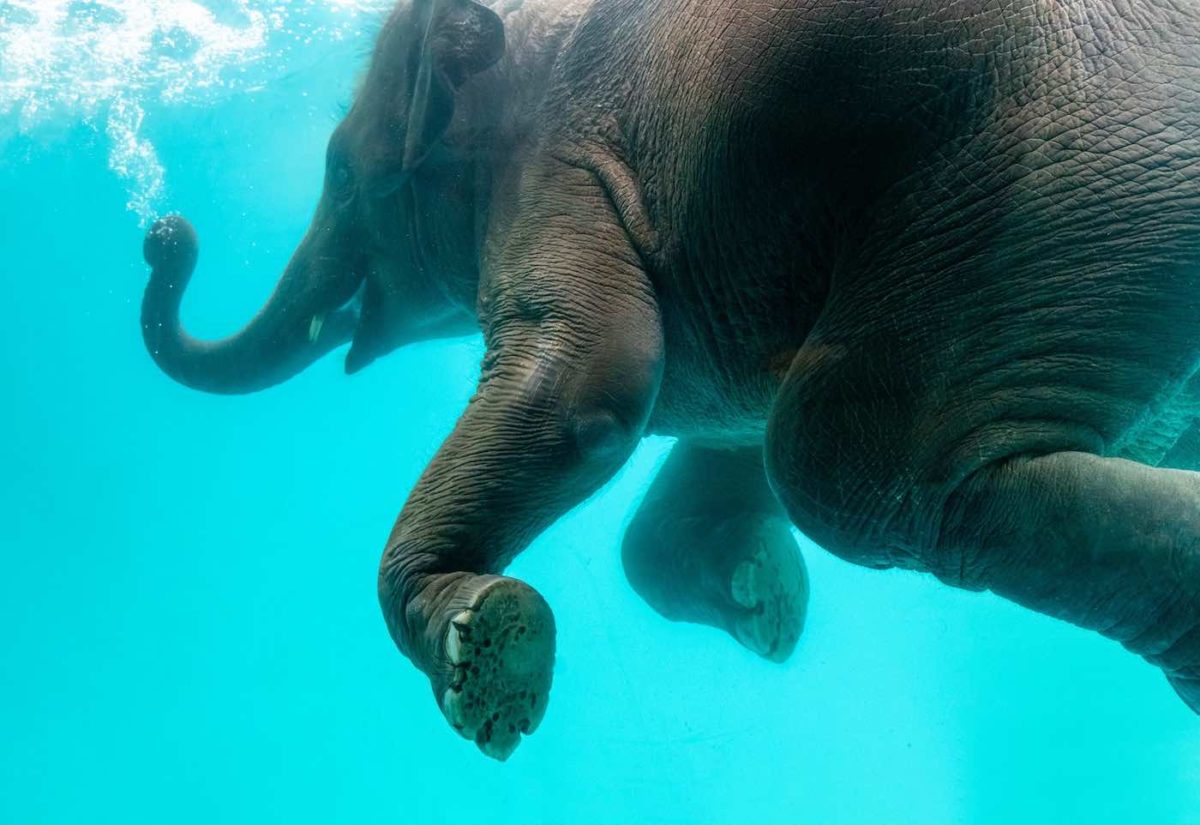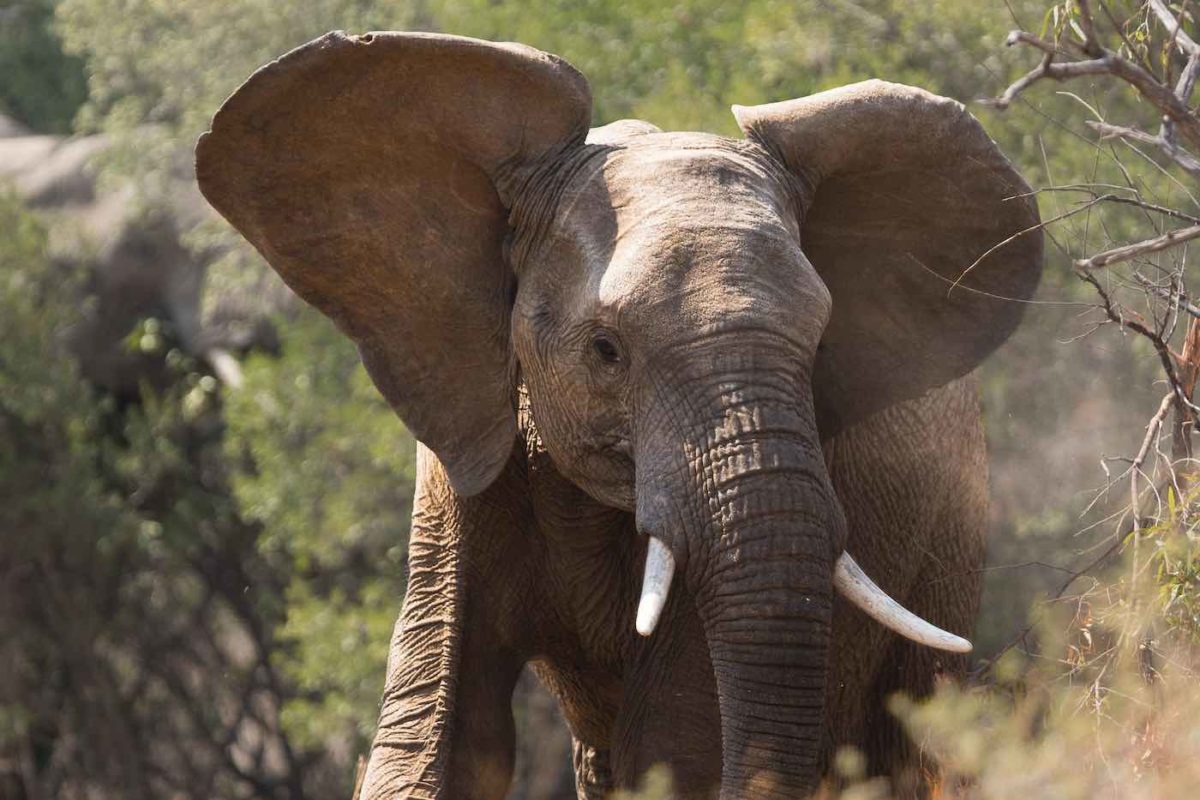While some African elephant populations are growing primarily in southern Africa, other areas are seeing decreasing populations. A lot of work has been done trying to determine the elephant population in the world, but it’s incredibly difficult to get accurate numbers. Experts can only guess at the total number of African elephants remaining.
One commonly accepted estimate is that there are about 400,000 African Elephants remaining, and between 50,000 and 100,000 Asian elephants left living in the wild.
The African Elephant population has dropped by 62% in the last decade and is expected to drop another 30% by 2025 making them an endangered species.
In fact, the elephant is labelled as “critically endangered” with WWF (World Wildlife Fund) and other organisations trying various conservation efforts to help stop the killing of these threatened species.
